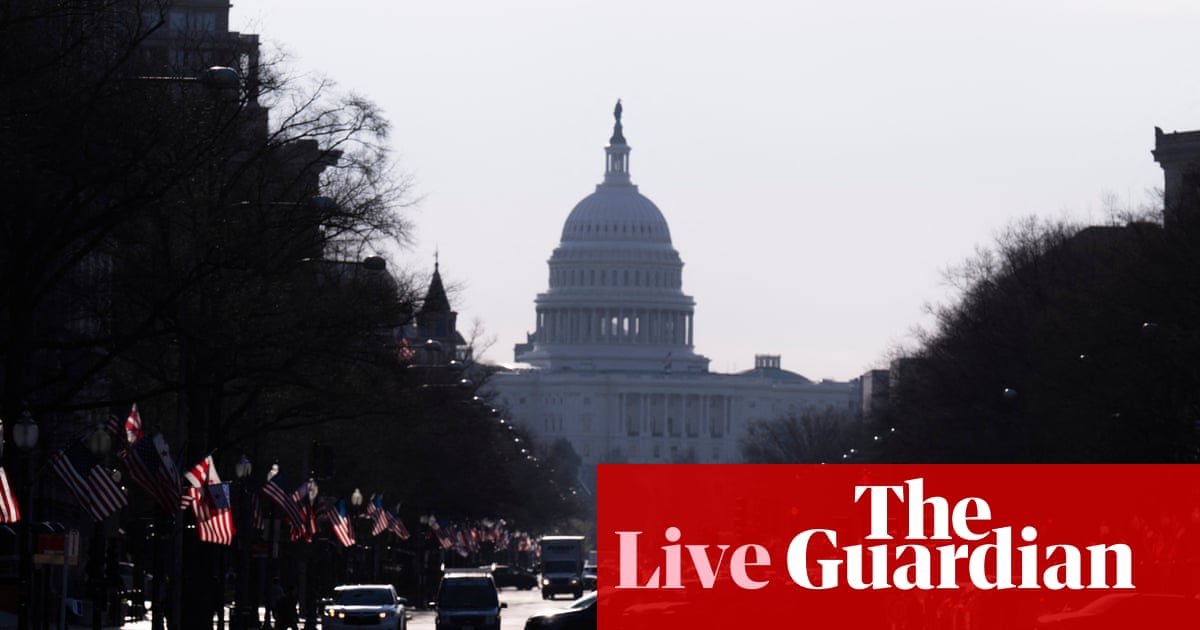T4K3.news
Wildlife populations continue to fall drastically
WWF reports a nearly 70% decline in global wildlife populations since 1970.

The World Wildlife Fund reports a drastic decrease in global wildlife populations since 1970.
Wildlife populations decline by nearly 70% since 1970 according to WWF
According to a recent report from the World Wildlife Fund, global wildlife populations have decreased by 69% on average since 1970. This decline is linked to deforestation, pollution, and climate change. Notably, wildlife in Latin America and the Caribbean suffered the most, with a staggering 94% drop over fifty years. The report highlights the decline of specific species, including a 65% decrease in pink river dolphins in the Brazilian Amazon between 1994 and 2016. Despite the somber findings, there are signs of recovery in some areas, such as the increase of mountain gorillas in the Democratic Republic of the Congo. Upcoming international discussions aim to secure more funding for conservation efforts.
Key Takeaways
"Nature was in dire straits and it is still in dire straits."
Mark Wright, director of science at WWF-UK, emphasizes the ongoing crisis facing wildlife.
"We are calling on the rich nations to provide financial support to us to protect our nature."
Alice Ruhweza from WWF stresses the need for international financial aid for conservation.
The sharp decline in wildlife populations reflects a troubling trend in environmental health. The statistics reveal an urgent need for action, especially as events unfold in global forums aimed at conservation. As nature continues to struggle, the call for richer nations to support conservation efforts becomes increasingly critical. These discussions could shape future policies that might turn the tide for threatened species.
Highlights
- Wildlife populations have plunged by 69%, signaling a critical emergency.
- We are calling on rich nations to support our fight for nature.
- While nature is in serious trouble, there is still a glimmer of hope.
- The war for nature is being lost, but we can still turn the tide.
Concerns over declining wildlife populations
The drastic decline in global wildlife populations raises alarms about environmental health and presents challenges for international conservation efforts. Increased funding is needed to support protective measures for endangered species and habitats.
Future conservation efforts hinge on global cooperation and funding.
Enjoyed this? Let your friends know!
Related News

Chile's birthrate drops to record lows

Older Coloradans recover from pandemic death trends

Tariffs likely to affect inflation by fall

Israel's new humanitarian measures face sharp criticism

Angola's natural wonders ready for tourists

Wisconsin Bear Attack Victim Recovering as Investigation Continues

Only 36 trucks deliver to Gaza, 600 needed each day

Democrats accuse Trump of harming job growth
